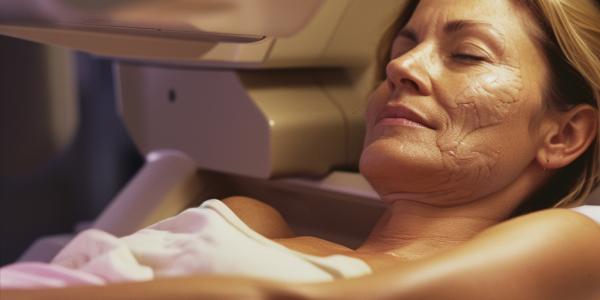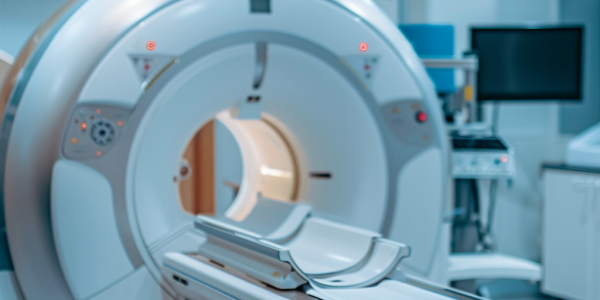AI Tool Enhances Detection of Metastatic Breast Cancer
UT Southwestern Medical Center researchers have developed an AI tool to improve the detection of metastatic breast cancer, reducing the need for invasive biopsies. The AI model, led by Dr. Basak Dogan, utilizes MRI and machine learning to identify axillary metastasis with high accuracy, potentially avoiding unnecessary surgical procedures and improving clinical outcomes.
PET/MRI Technology Shows Promise in Prostate Cancer Classification Study
A recent study published in The Journal of Nuclear Medicine highlights the potential of PET/MRI technology in accurately classifying prostate cancer patients, potentially avoiding unnecessary biopsies. The research focused on applying the PRIMARY scoring system to PET/MRI results, revealing that utilizing this system could help in avoiding over 80% of unnecessary biopsies while potentially missing only one in eight clinically significant prostate cancer cases. Dr. Hongqian Guo emphasized the value of 68Ga-PSMA PET/MRI in classifying PI-RADS 3 lesions, offering new insights into its clinical application and suggesting that patients could benefit from undergoing this imaging before considering prostate biopsies.


